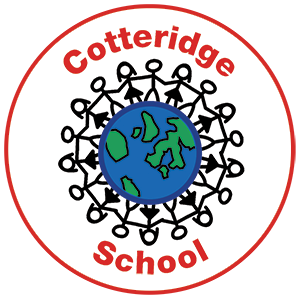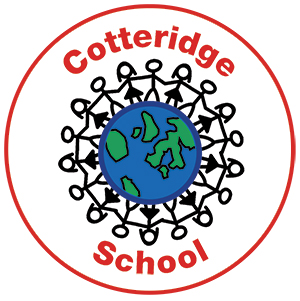MODERN FOREIGN LANGUAGES
Modern Foreign Languages – Mrs L. Walke
The National Curriculum states that: “Learning a foreign language is a liberation from insularity and provides an opening to other cultures. A high-quality languages education should foster pupils’ curiosity and deepen their understanding of the world. The teaching should enable pupils to express their ideas and thoughts in another language and to understand and respond to its speakers, both in speech and in writing. It should also provide opportunities for them to communicate for practical purposes, learn new ways of thinking and read great literature in the original language. Language teaching should provide the foundation for learning further languages, equipping pupils to study and work in other countries.”
The National Curriculum for languages aims to ensure that all pupils understand and respond to spoken and written language from a variety of authentic sources; speak with increasing confidence, fluency and spontaneity, finding ways of communicating what they want to say, including through discussion and asking questions, and continually improving the accuracy of their pronunciation and intonation; can write at varying length, for different purposes and audiences, using the variety of grammatical structures that they have learnt; discover and develop an appreciation of a range of writing in the language studied.
At Cotteridge School, children build increasing fluency and confidence in expressing themselves in another language through speaking, listening, reading and writing. Children develop and extend their linguistic skills and knowledge of how language works, gaining a foundation for further language learning. Children gain the confidence to explore and to attempt manipulation of the structure of language. Teachers impart a broader perspective on the world through language, and encourage the children to better understand their own cultures and those of others.
Children are encouraged to be curious about not only the French language itself but also those who speak the language – where and how they live, what food and drink is eaten by French families, what festivals are celebrated and what subjects are studied at school in France. Speaking and Listening are developed in every lesson, with children learning new language, as well as practising vocabulary previously learnt, through games, rhymes and songs which encourage repetition. Pronunciation is carefully modelled by our specialist language teacher. Reading and Writing is introduced from the start of juniors, with children progressing from copying individual words and completing phrases early in Year 3, to gradually writing longer more complex sentences in Year 6. Grammar is also introduced early on, with reference made to gender and adjective position in years 3 and 4, while children in year 5 learn about adjective agreement, and those in year 6 will write in Past and Future tense. Children are exposed to real-life examples of written French such as magazine articles, emails, letters and carefully chosen internet sites. French is taught through a series of Topic areas which allow children to build on their previous learning year by year.


